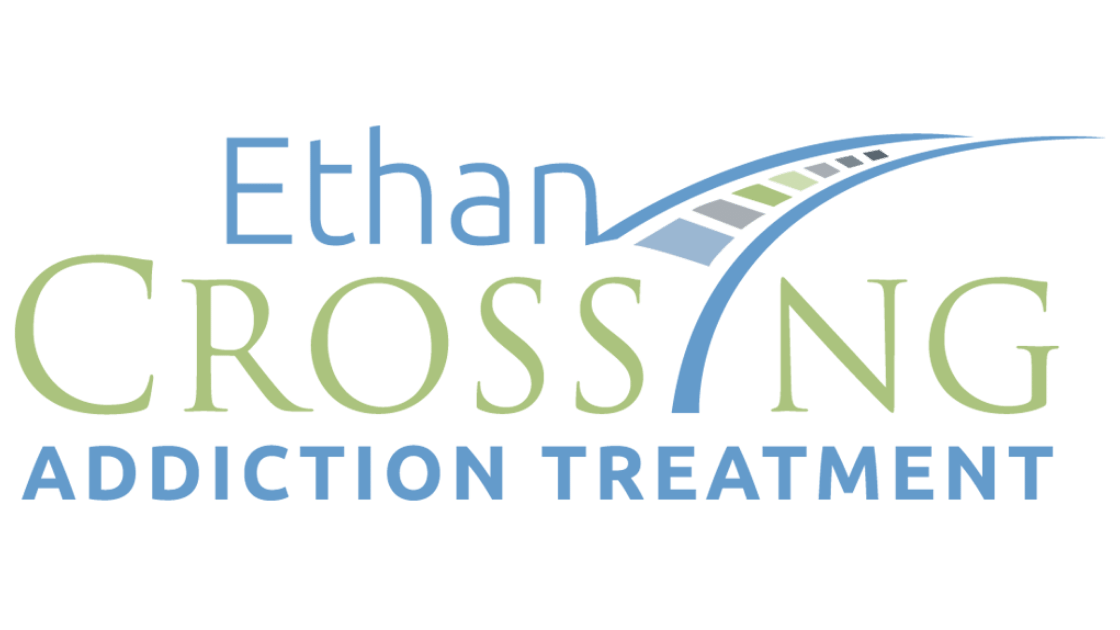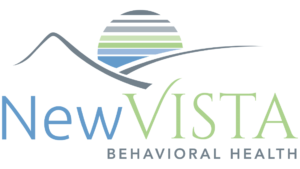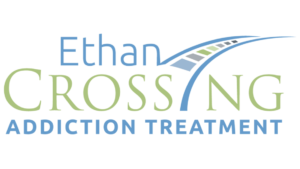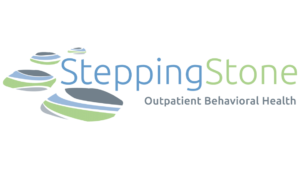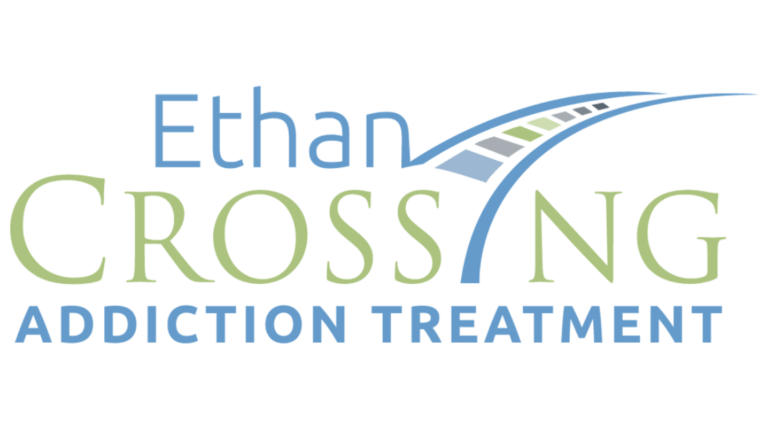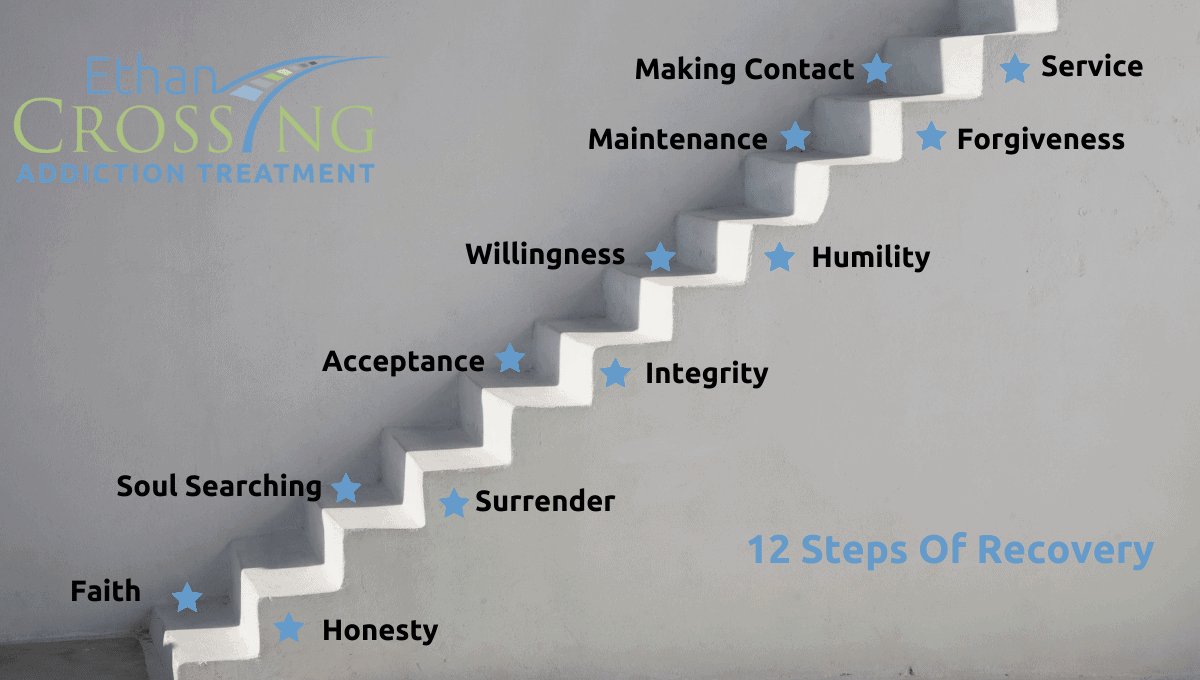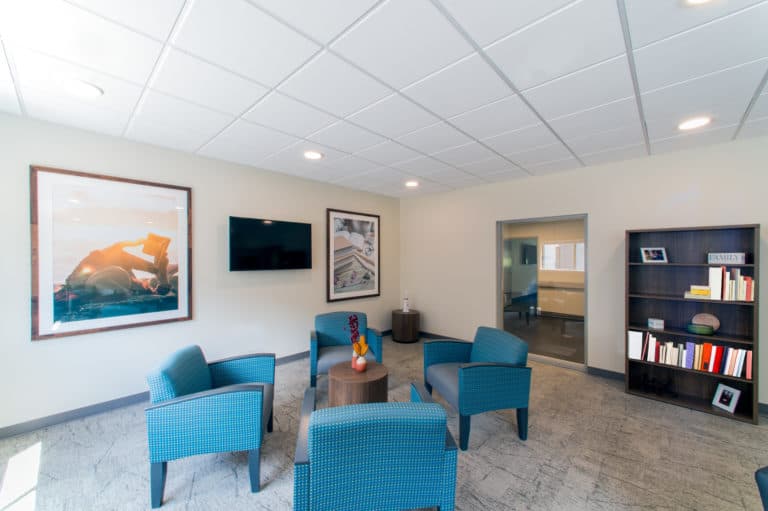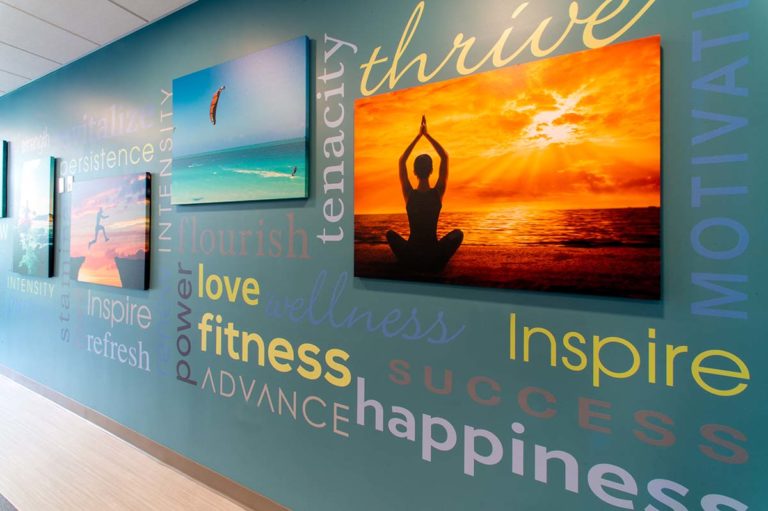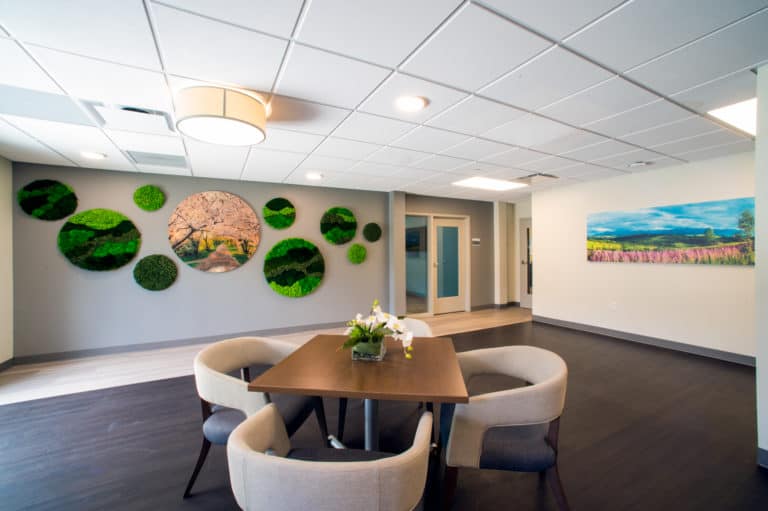The 12-Step program was developed by Bill Wilson and Dr. Bob in 1935. It was first used by Alcoholics Anonymous(AA), an international aid fellowship devoted to abstinence and recovery from alcoholism through its Twelve Step program.
What is the 12-Step Program?
The 12-Step program is a procedure of recovery created to help individuals overcome addictions and compulsions. The model was created so that people can help one another achieve and maintain abstinence from substance abuse.
The program also maintains that healing only comes when people with addictions surrender to a higher power. This higher power however doesn’t have to be the Christian version of God, it can be the community of the 12-step meetings, the universe, or a unique version of a higher power fit enough for your spirituality.
What are The 12 Steps?
The 12-Steps for substance abuse recovery are as follows:
1. Honesty
After several years of denial, the first step to recovery is by admitting that you’re powerless over the addiction to drugs, alcohol, or other substances a person is addicted to.
2. Faith
The moment when you can admit a higher power greater than you can help you overcome your addiction
3. Surrender
You can achieve this by taking a personal inventory of yourself and changing all your self-destructive decisions.
4. Soul Searching
In this step, you must identify your problems, and admit them to God and the people around you.
5. Integrity
This step provides an opportunity for growth. You should be ready to have God correct every one of your shortcomings.
6. Acceptance
Accept all your character defects exactly as they are and be willing to let them go.
7. Humility
This stage is all about seeking a higher power to assist you in accomplishing something that you can’t do all on your own.
8. Willingness
This involves creating a list of folks you’ve wronged and being prepared to make amends.
9. Forgiveness
Make direct amends to persons you have fallen out with, as this can help with your recovery. You are only exempted from this if your making direct contact with that person will harm them in any way.
10. Maintenance
Keep seeking enlightenment through prayer and meditation to help improve your conscious contact with God. Also, pray for the power to carry out the will of God.
11. Making Contact
The key to step 11 is to purposely make contact with the higher power through prayer and meditation and discover the plans for your life.
12. Service
This step is where you spread the good news of the 12 Steps program to others in need. Having fully experienced a spiritual awakening after carrying out all the Steps mentioned above.
Variations on the 12 Steps
From the inception of the program with AA, the Steps have been accepted and altered by many groups to fit different programs – for addiction treatment and otherwise. Groups like Narcotics Anonymous, use the steps exactly as they were created by the AA. Others have adjusted the steps to fit their own needs and cultures. Some of them are:
- Cocaine Anonymous (CA): This is a twelve-step program created for people who strive to recover from cocaine addiction.
- Eating Disorders Anonymous (EDA): This is a recovery program for people facing eating disorders.
- Food Addicts Anonymous (FAA): This is a program focused on helping food addicts recover from food addiction.
- Gamblers Anonymous (GA): This program is focused on helping people who have a compulsive gambling problem.
Alternatives to the 12-Step Model
Several alternatives to AA have been in existence for a while, and they are more secular in nature. These alternatives to the 12-Step program will ask you to find motivation within yourself and learn internal control rather than seeking power from a higher source.
Some of the most used alternatives to 12-Step programs are:
- Self-Management and Recovery Training (SMART) Recovery
- Secular Organizations for Sobriety (S.O.S.)
- Moderation Management
- Evidence Based & Science Based Treatments
- Holistic Therapies
- Women for Sobriety
Get Started On Your Recovery Journey
The NewVista programs are inclusive and support the 12 steps along with other alternative recovery groups integrated with evidence-based therapies and medication management. Taking the first step takes willingness and courage. Don’t be afraid to reach out to our recovery advisors for a no-commitment conversation.
